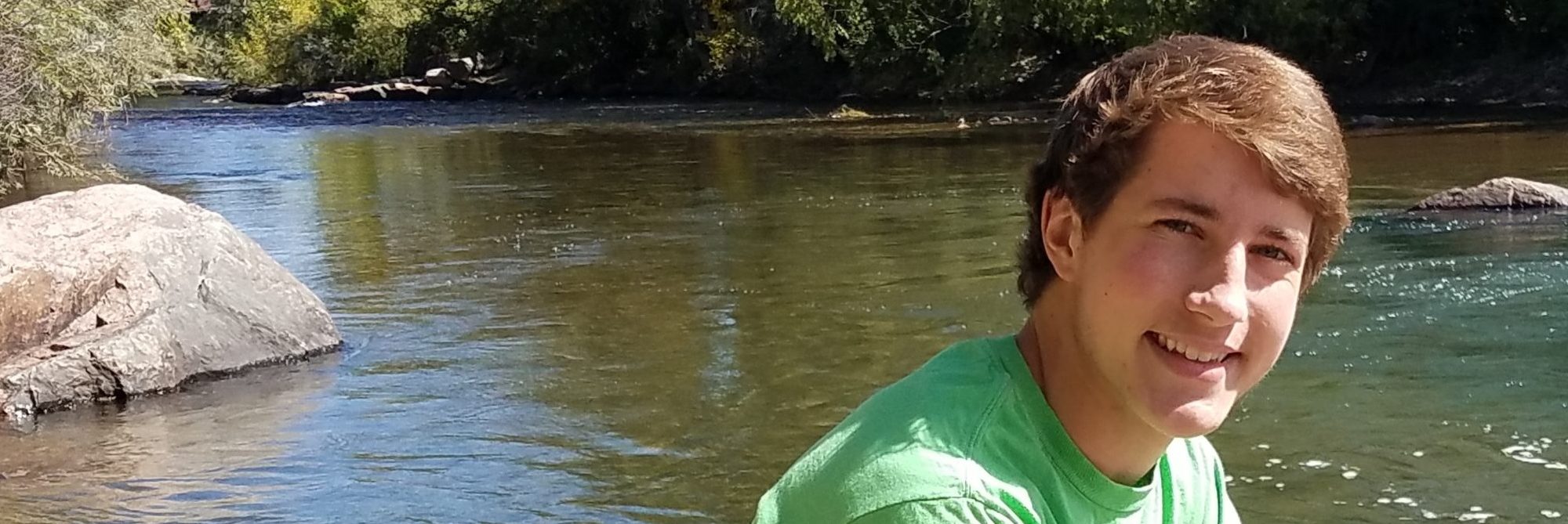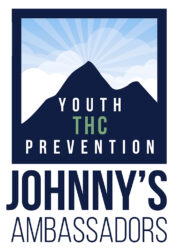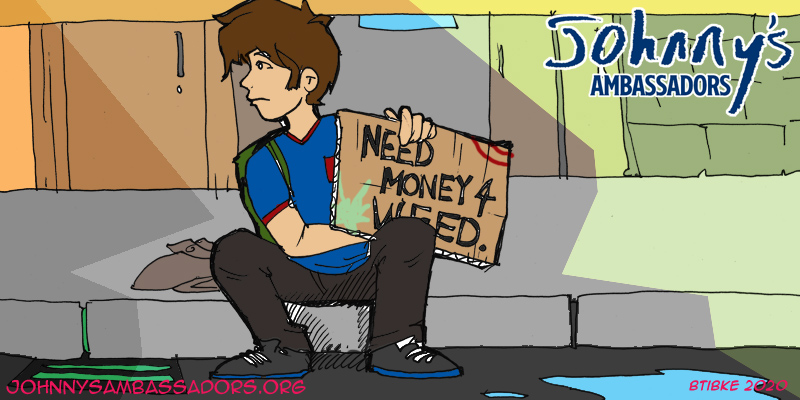Guest post by Heidi Anderson-Swan
Two states, Colorado and Washington, have pending bills to cap the THC concentrates at 15% and 30%, respectively. I applaud these efforts because their success will lower the rates of psychosis. However, it’s important to understand marijuana use is still an environmental risk factor for schizophrenia, even when the THC potencies are between merely 2-8%.
I grew up near Seattle. In the late 1970’s, when I began smoking pot as a 12-year-old, the THC potency was less than 5%. Marijuana was commonly used among my junior high school peers, and no one knew there was any risk to using it.
One time when I was getting stoned in the laundry room of my family home, I suddenly lost touch with reality and didn’t know where I was or who I was with. My friend was fine, but I was having an incredibly frightening experience. Only recently did I discover the name for what I went through: Cannabis Induced Psychosis (CIP). After that, I mostly stayed away from the drug.
Since that time, the potency of THC has risen sharply. I imagine myself as a teenager in today’s world, with my sensitivity to this psychoactive substance, and how I would respond to a hit off a vape pen or a dab rig, which have THC content 10-20 times stronger than what triggered my psychosis in the ’70’s. There’s little doubt I would be hauled into the Emergency Room. Worse, nobody could tell me what kind of long-term consequences I would suffer.
Can someone know ahead of time if his or her brain is sensitive to the negative effects of THC? There is no way to know…until it happens. Another problem is that many people do not recognize the early warning signs. For instance, paranoia is commonly understood as a side effect of THC. It should also be commonly understood that paranoia is actually a mild form of psychosis (because a person is convinced something is happening when it is not). More importantly, anyone experiencing paranoid thoughts should know to stop using THC products immediately.
My brother really liked the “fun house” feeling smoking weed gave him, so he used it every day for a decade: through high school, college at the U, and graduate school at USC. He says his regular use of marijuana made it much easier for him to give other drugs a try.
He went on to cocaine and then fell in love with crack. In short order, he lost a few apartments and cars, he became a drug dealer in the U-District and was booked into King County Jail eighteen times. He slept under the I-5 freeway for a decade. He stayed there, because he was convinced that he was a modern-day John the Baptist, and the CIA was following him. He believed his camp was the only place the CIA and their cameras couldn’t find him.
Of all the illicit drugs which can induce psychosis (amphetamines, hallucinogens, opioids, alcohol), THC has the highest conversion rate to schizophrenia—eight years after use.
There is good news: if a person stops using at the first sign of psychosis there is a good chance for the brain to heal.
Our country must do everything to prevent more people like my brother from winding up living on its streets. Cities like Los Angeles, Denver, and Seattle are dying with a cancer fed by addiction and mental illness. Cancer is best cured when caught early. Better yet is to prevent it from happening in the first place.
I would never suggest marijuana is the only reason for the homeless crisis in our country. However, the homeless population has risen alongside marijuana commercialization, normalization, and the rise in the potency of THC.
If our country does not alert its citizens to the mental health risks of THC—at any potency—its youth will continue to assume it’s harmless and continue using it. Like my brother, some will acquire a mental illness and become addicted. This will only increase our number of unsheltered people.
Today, my brother has been sober for over four years, the longest since he was in junior high school. He lives a life of recovery and helps others avoid his path. Together, we want to teach teenagers to protect the one brain they will ever get. The citizens of Washington and Colorado should support the efforts to put a cap on the flower, dabs, waxes, oils and edibles that are many, many times stronger than what my brother and I were smoking in the 70’s & 80’s. Even though psychosis can result from using lower-potency THC as what happened to us, it will happen less often.
Most importantly, America’s youth must understand getting high has long-term risks. My brother will tell them it isn’t worth it.



Excellent article!
Thank you for sharing your brother’s story to save other people from suffering as your brother did, and I wish him well and wellness.
So much gratitude for you, Heidi.